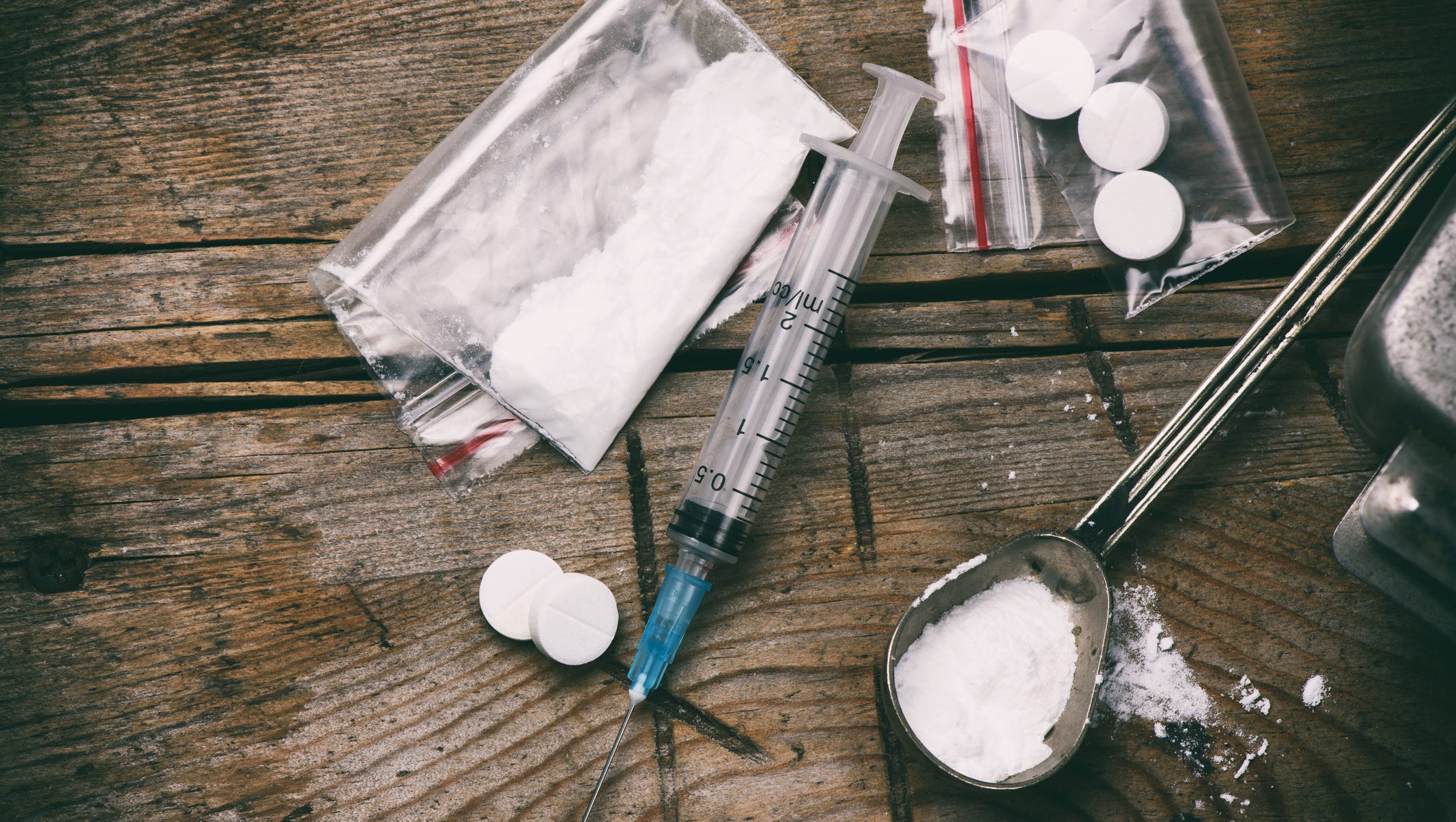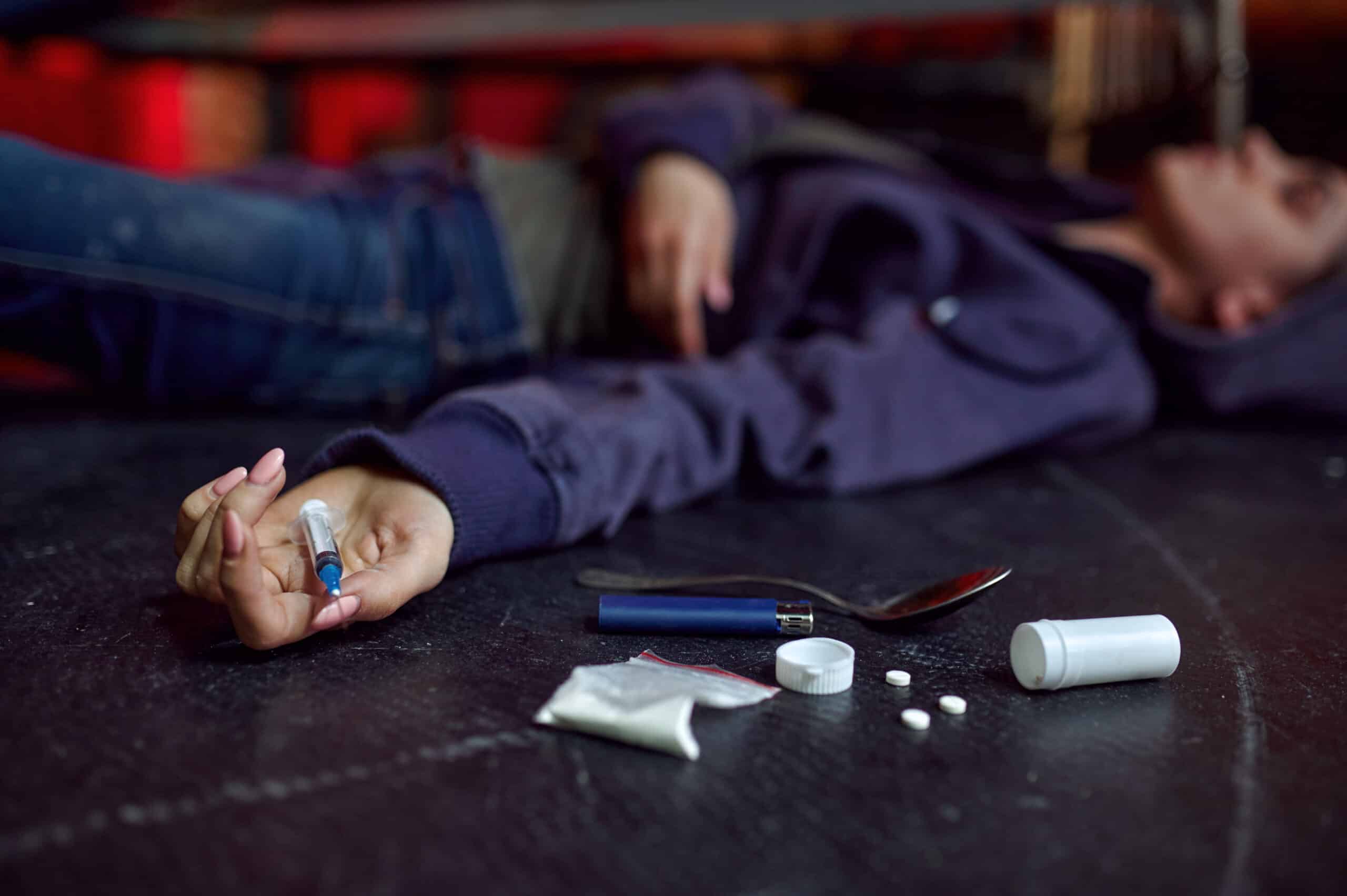Drug Overdose - A Public Health Concern
The challenges associated with drug overdose touch many lives, affecting families and communities across the nation. This particular issue stands as a primary reason for deaths that could have been avoided in the United States, casting a long shadow over countless homes. It's a situation that truly calls for our collective attention, bringing a sense of urgency to public health efforts.
This evolving public health situation, so, it continues to change and grow, presenting new considerations for those working to help people. It's not just a statistic; it represents individuals, neighbors, and loved ones whose lives are cut short or altered. There's a real need to look closely at what's happening and how we can support those who are struggling, and that's something we can all agree on, I think.
We are talking about a significant number of people who, in 2023, needed some kind of support for substance use, yet, many did not get it. This gap between needing help and receiving it is a big part of the picture, showing us where efforts can be strengthened. It's a matter that, in a way, speaks to the heart of community well-being and how we care for each other.
Table of Contents
- What is the current situation with drug overdose?
- The Human Impact of Drug Overdose
- How is drug overdose prevention being approached?
- Understanding Drug Overdose Trends
- Why is addressing drug overdose so important?
- The Scope of Drug Overdose Needs
- What steps can be taken against drug overdose?
- Addressing the Drug Overdose Crisis
What is the current situation with drug overdose?
The situation concerning drug overdose is, in some respects, a continually shifting landscape of public health concerns. It's not a static problem but one that changes its form and impact over time. This makes it, you know, a particularly tricky issue to get a handle on, requiring constant vigilance and adaptation from those working on the front lines. Provisional data, for instance, suggests that there were approximately 87,000 drug overdose deaths, a figure that gives us a sense of the sheer scale of this challenge. This number, while provisional, offers a glimpse into the ongoing struggle faced by many families and communities, indicating a persistent and widespread issue.
The Human Impact of Drug Overdose
When we talk about drug overdose, it's really about the lives that are touched and, sadly, often lost. This issue is a leading cause of deaths that could have been prevented in the United States, which means there's a profound sense of sorrow associated with each instance. It's not just a statistic; it represents a person, a family member, a friend, whose absence leaves a void. The sheer number of lives affected, nearly 300 individuals every single day, is a truly stark reminder of the widespread pain and loss this brings. This daily toll, so, it underscores the urgent need for effective interventions and compassionate support systems.
How is drug overdose prevention being approached?
Overdose prevention is, basically, a top concern for organizations like the Centers for Disease Control and Prevention, or CDC. This focus means that significant effort and resources are directed at finding ways to keep people safe and reduce the number of these tragic events. It's a priority because the impact spreads far beyond the individual, reaching into the very fabric of families and the broader community. The goal is to put measures in place that can genuinely make a difference, protecting people from harm. We're talking about a comprehensive effort, you know, to tackle this widespread issue from many different angles.
Understanding Drug Overdose Trends
Looking at the patterns in drug overdose deaths helps us see where the problem is heading and what kinds of substances are causing the most concern. There's a process of selecting specific drugs or types of drugs to track, and then measuring their presence in overdose deaths, often by counting or looking at percentages. This careful tracking helps health officials and community leaders grasp the full picture of what they are up against. For example, there was an increase in deaths from 2018 to 2019, going from 67,367 to 70,630, which shows a steady rise in these tragic outcomes. This kind of data, in a way, guides where help is most needed and how prevention strategies might need to shift.
Why is addressing drug overdose so important?
Addressing the issue of drug overdose is, quite simply, crucial because it's a leading cause of deaths related to injuries in the United States. This means it's not just a health concern, but also a significant public safety matter. The loss of life is immense, and the ripple effects on society are considerable. When we consider the number of people impacted, and the potential for these deaths to be avoided, the importance of dedicated action becomes very clear. It’s a matter that touches upon the well-being of the entire nation, and honestly, it demands a thoughtful and sustained response from everyone involved.
The Scope of Drug Overdose Needs
The need for help with substance use disorder is, actually, quite vast. In 2023 alone, an estimated 54.2 million Americans, those aged 12 or older, found themselves in a position where they needed some form of treatment or support during the past year. This figure paints a rather sobering picture of the widespread challenges many individuals face. Yet, and this is a critical point, only a fraction of those who needed help actually received it. This significant gap highlights a major area where more resources and accessible options are desperately required. It's a situation where the demand for care far outstrips the current ability to provide it, showing just how much work there is still to do.
What steps can be taken against drug overdose?
To really tackle the growing number of drug overdose deaths, especially those involving both prescription pain relievers and illegal substances, specific actions have been put into place. One such step involves creating frameworks or programs designed to address these increasing fatalities. The aim is to build a system that can respond effectively to the changing nature of the crisis. It's about developing targeted approaches that consider the different types of drugs involved and the unique circumstances surrounding each instance. This means, like, a continuous effort to refine and improve how we offer support and intervention to those at risk.
Addressing the Drug Overdose Crisis
Confronting the ongoing crisis of opioid drug overdose is a central part of the work done by the CDC. This involves a multi-faceted approach to understand, prevent, and respond to the challenges. It’s not just about treating individuals but also about implementing broader public health strategies that can reduce the overall harm. For example, there's a focus on selecting specific drugs or drug categories of interest to better understand their role in overdose deaths. This kind of detailed information helps shape effective public health messages and intervention programs, ensuring that efforts are well-informed and targeted where they can do the most good. It’s a complex issue, and so, every piece of data helps in putting together the larger puzzle of prevention.
The information also tells us that the rate of drug overdose deaths has been significantly higher for males compared to females across all years, indicating a distinct pattern that needs particular attention. This difference suggests that prevention efforts might need to be tailored to consider these demographic variations. It’s about understanding who is most affected and why, so that resources can be directed in the most impactful ways. This kind of insight is, truly, invaluable for public health professionals trying to make a difference in this ongoing crisis. It's a reminder that while the problem is widespread, its impact can vary among different groups of people.
The journey to address drug overdose is, basically, an ongoing one, requiring sustained effort and a

Deadly drug overdoses more than doubled since 1999

Opioid Overdose: How to Spot an Overdose & What to do - Granite

The 'most hippie' town in Washington bans drugs after spike in